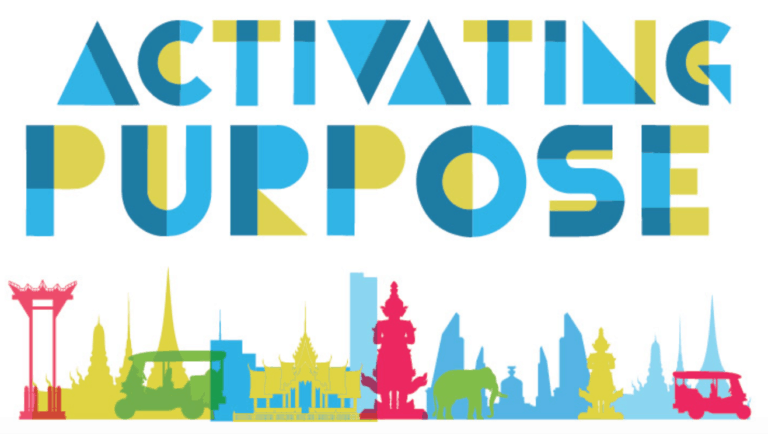By Watchiranont Thongtep for The Nation, October 21, 2016
TO ENSURE long-term business sustainability, companies must communicate with consumers both online and offline to make their brands inspirational, a forum heard last week.
At “Sustainable Brands 2016 Bangkok” last Thursday and Friday, Michael Dickstein, global manager for sustainable development at Heineken International, and Thomas Kolster, founder of Goodvertising, shared their views and experience on how brands can do good for their customers and their communities.
Global beer producers like Heineken face a big challenge dealing with various perceptions about alcoholic beverages in different places on Earth. Dickstein pointed to his company’s “Brewing a better world” initiative, which aimed to promote moderate drinking.
“We believe that this idea could make [have a] big impact on society, particularly drinking with responsibility,” he said of the campaign, which was started two or three years ago.
Under the campaign, Heineken has been working through local partnerships in 50 markets, including Thailand. For example, the company engaged with local administrations and communities in five tambol in Chiang Mai, Chiang Rai and Phitsanulok provinces via a series of educational workshops ahead of Songkran festival. During that festive period, the company also helped local officials manage alcohol-test stations.
“The result of those community-engaged activities was very impressive,” he said.
This activity was an example of key activities the brewer intends to employ to establish a deeper engagement and relationship |with its customers through below-the-line investment, as advertising of alcohol beverages is banned in the Kingdom.
Dickstein said the company had committed to set aside 10 per cent of its total advertising expenditure to promote moderate drinking.
Apart from social campaigns, the company has also put more effort into saving water as one of its six key pillars to support environmental sustainability. The Water Stewardship Initiative in partnership with the United Nations Industrial Development Organisation (UNIDO) is one example.
This initiative aims to reduce water consumption to 3.3 hectolitres per hectolitre of product in breweries in locations where water is scarce, such as Algeria, Egypt, Ethiopia, Indonesia, Mexico, Nigeria and Tunisia.
Such activities are designed to make Heineken an inspirational brand, Dickstein said.
Kolster agreed that advertising should engage with target audiences, as today’s consumers were seeking meaningful and inspirational brands and products.
“At the present days [time], advertising is not about one-way communication. It is about to create [creating] dialogue. But how?” he said. “A brand should find a good conversation with customers via interesting content and simple, emotional and authentic storytelling which is not about the brand but related to society.”

